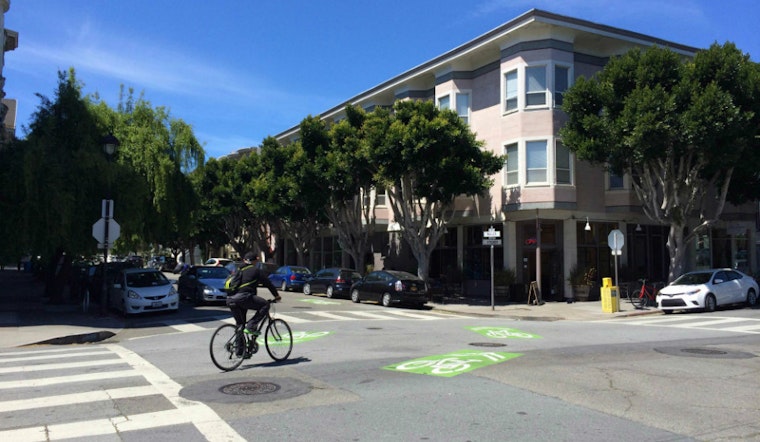
Next Thursday afternoon, an avid local cyclist will take to the Wiggle to referee fellow cyclists who are behaving badly.
First brought to our attention by SF Citizen, the "Referee The Wiggle" event will take place next Thursday at the corner of Waller and Steiner. There, organizer Morgan Fitzgibbons (founder of local community group the Wigg Party) and any likeminded referees will take to the intersection and toss yellow flags as they observe cyclists — and possibly cars and pedestrians — violating each other's road rights.
The event is part of the semi-annual NOW! Festival, which seeks to "co-create the best possible version of our community for one extraordinary week." (More on that later this week.)
We caught up with Fitzgibbons to find out more about the motivation for next Thursday's refereeing.
"As a Wiggle advocate, I hate the small percentage of people who give the rest of the respectful cycling population a bad name more than anybody," Fitzgibbons told us. He estimated this fraction of bad actors as five percent of all cyclists.
But what qualifies as bad behavior, exactly?
"Violating another road user's right of way, whether they be a person walking, driving or riding a bicycle," he said.
From 3pm to 3:30pm on April 23rd, Fitzgibbons will be keeping an eye out for such violators, and any cyclists who fail to signal when it would have been helpful, or cut in front of pedestrians instead of behind them.
We asked Fitzgibbons what it takes to be a good cyclist. He told us it doesn't necessarily mean following the letter of the law. Cyclists shouldn't have to come to full stops at stop signs, for example (the so-called Idaho stop rule — treating stop signs as yield signs — "works very well" in his opinion). Rather, being a good cyclist means respecting the right of way.
"Slow down when approaching intersections so you can assess the situation and make a good determination of when it's your turn. Signaling can often be very helpful. Make eye contact with pedestrians and other cyclists (people in cars are tougher to connect with - one of the main reasons we have stop signs in the first place). Always pass behind pedestrians in a crosswalk, never in front (or if you do it in front, make sure it's way in front). Just because you know you aren't going to hit a pedestrian, doesn't mean that the pedestrian is aware you aren't going to hit them. When it's a close call, just cede the right of way to others. Rightly or wrongly, you represent every single other person who rides a bicycle and if you are a jerk you ruin it for everybody else."
By refereeing the Wiggle, an event he described as "fun and theatrical" and "a silly idea," Fitzgibbons doesn't expect to end bad cycling behavior, but rather shine a light on it.
"Will it solve the problem? Highly unlikely," he said. "But hopefully it will raise some awareness."
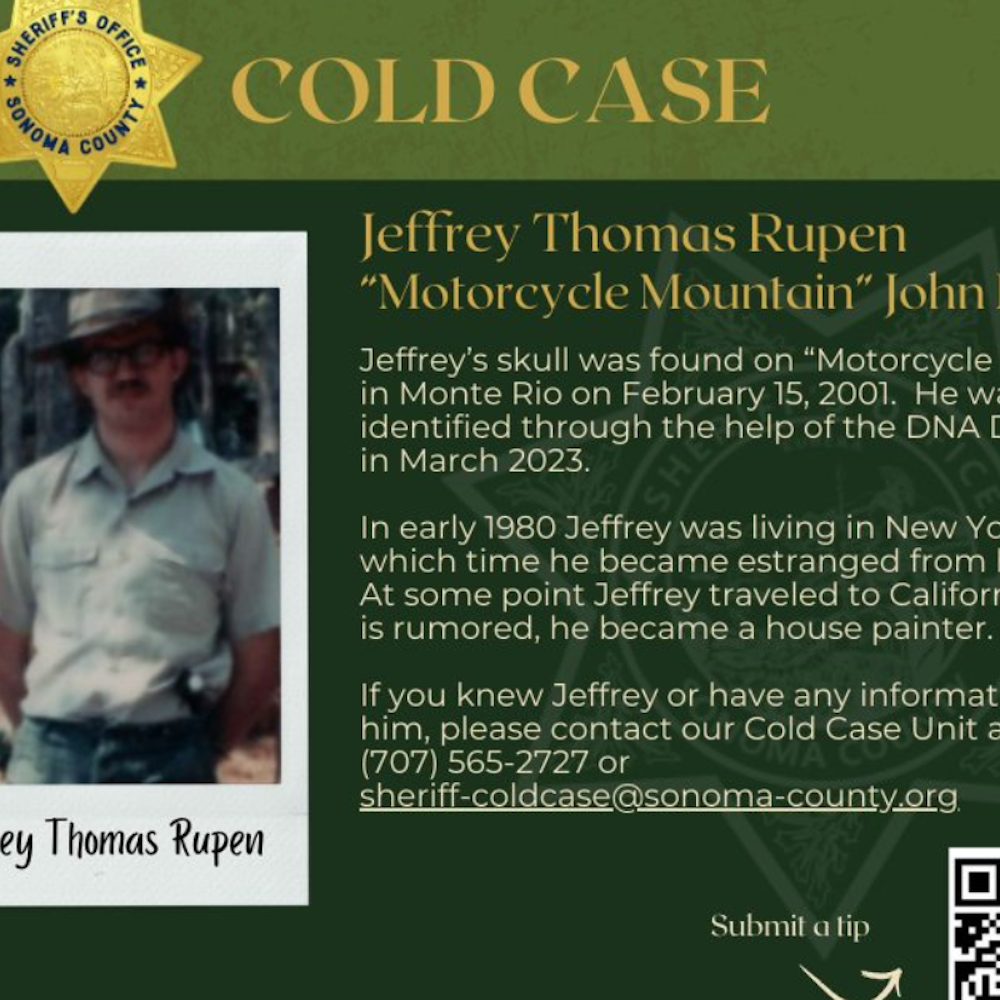
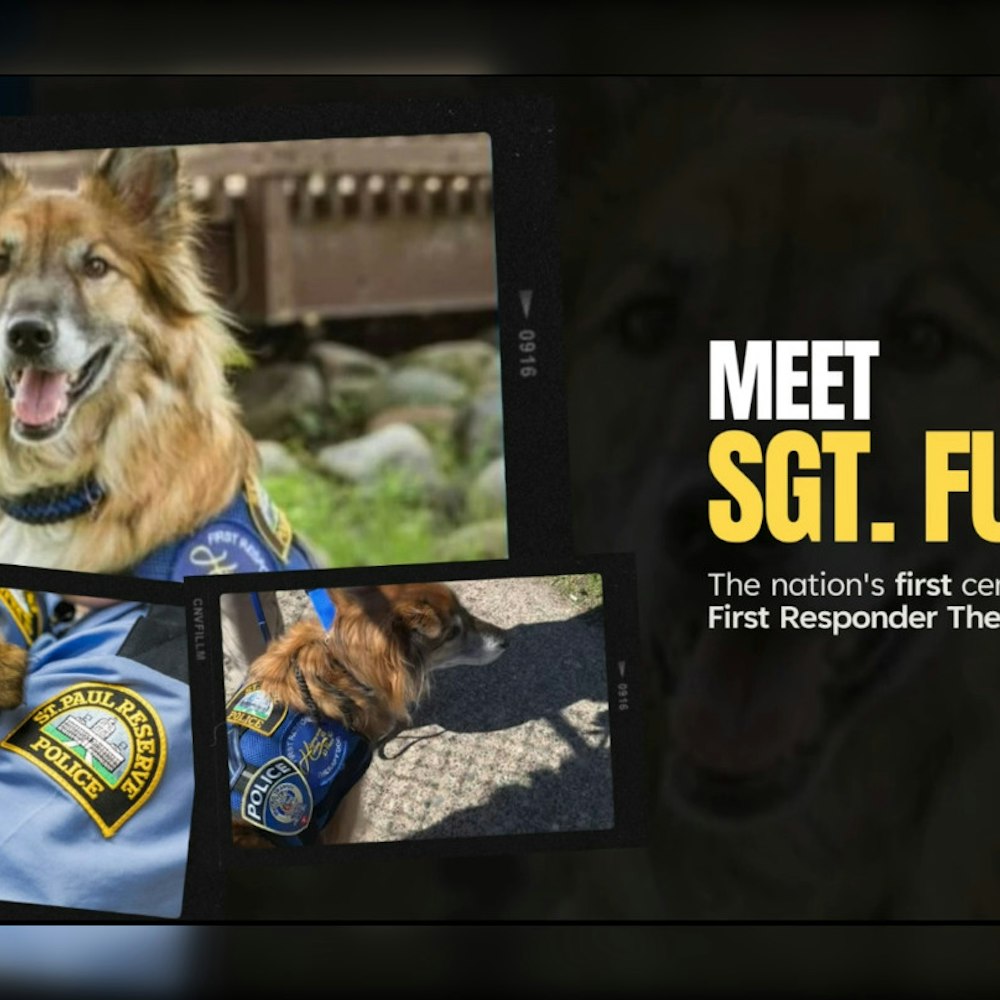



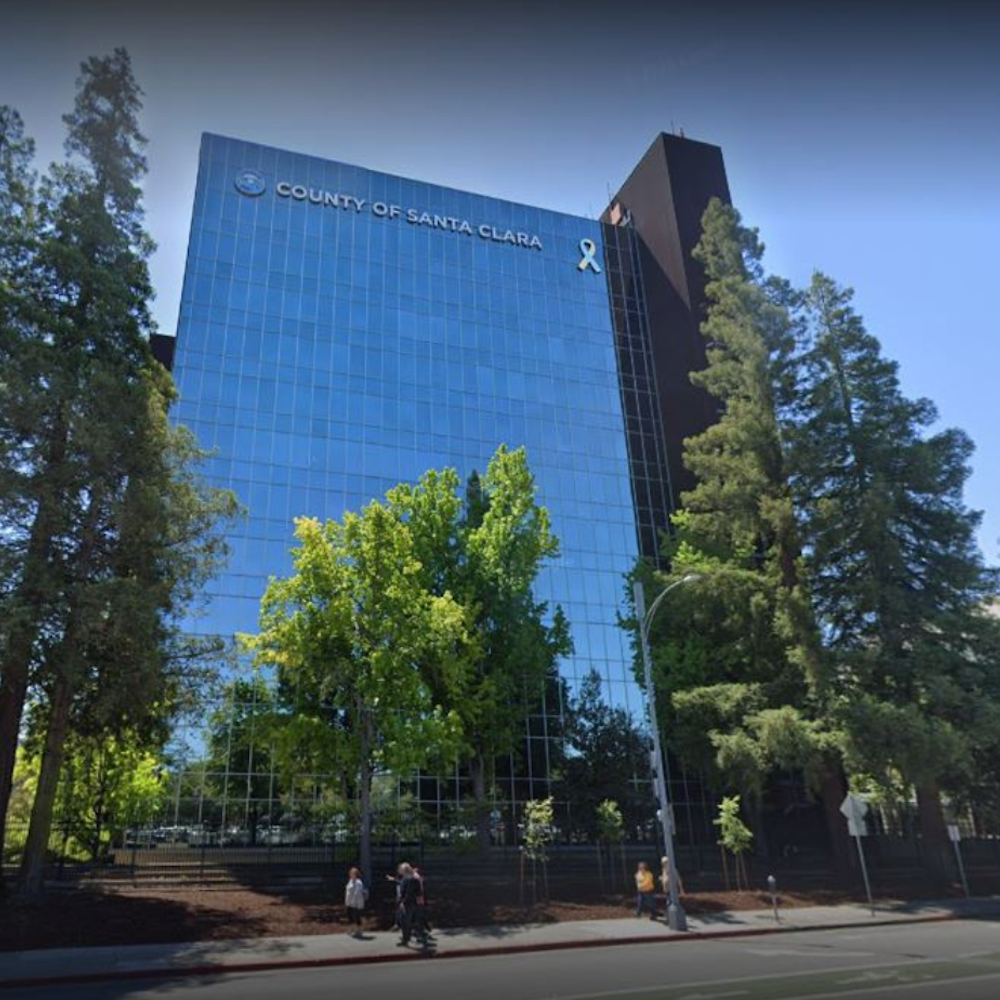
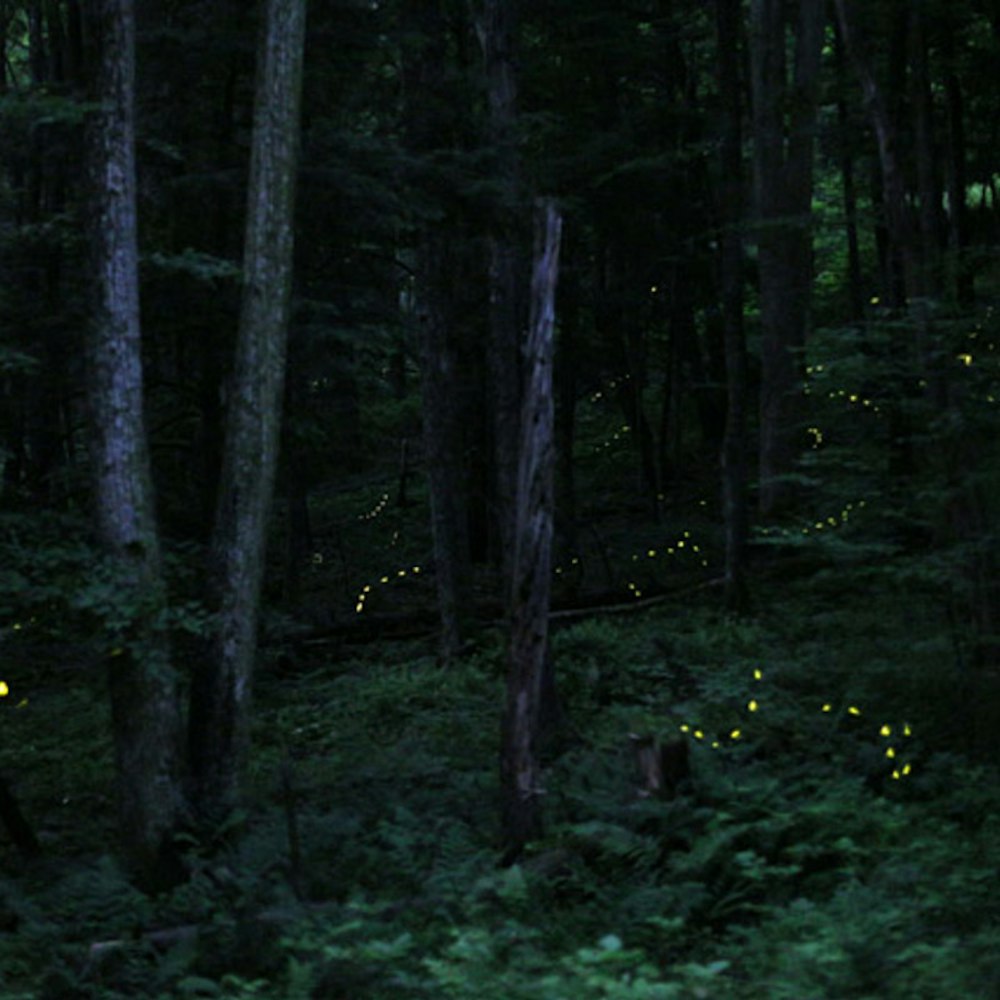
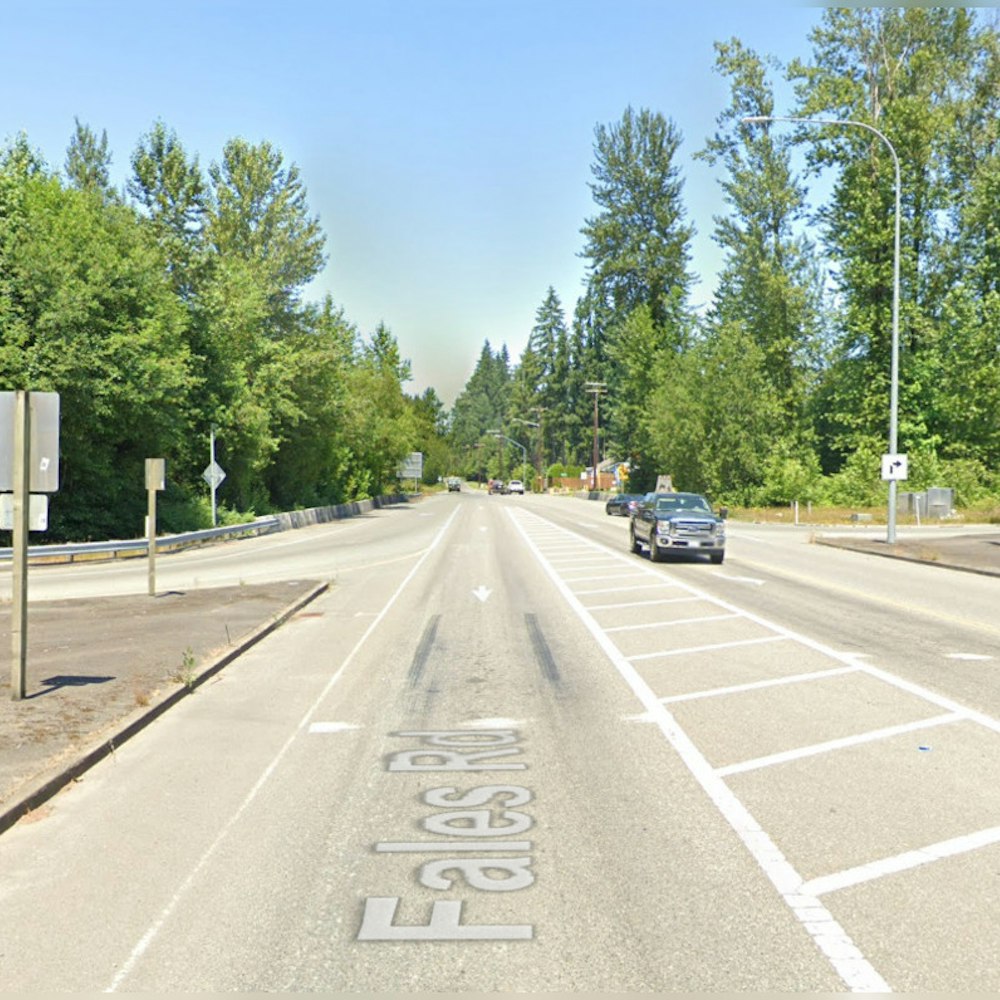
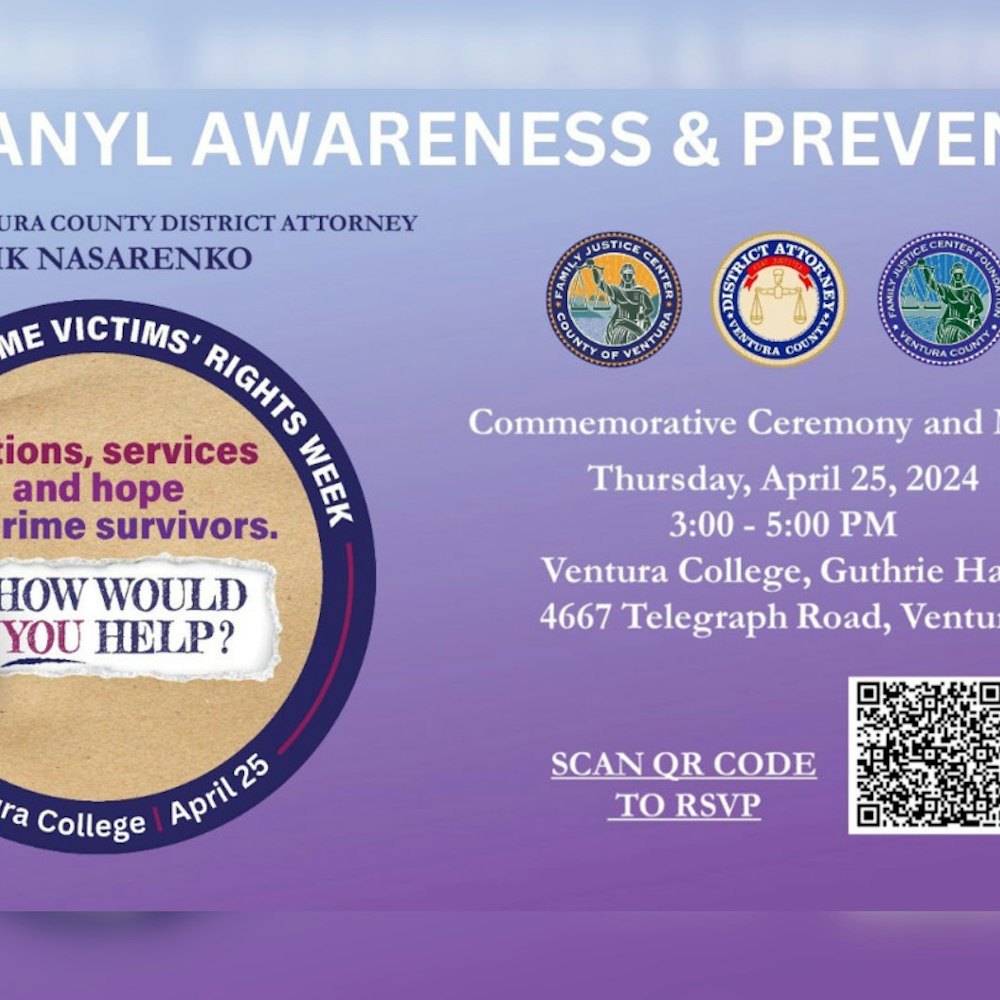
-1.webp?w=1000&h=1000&fit=crop&crop:edges)